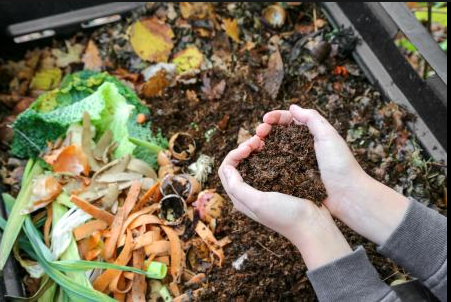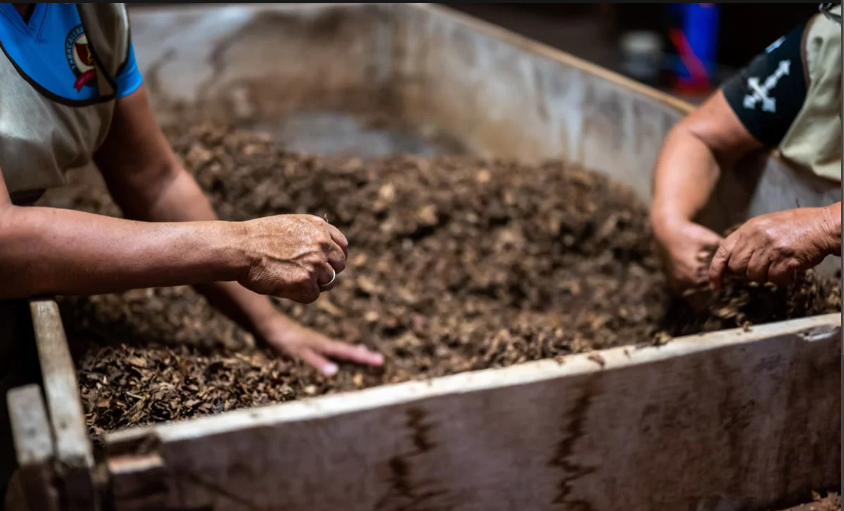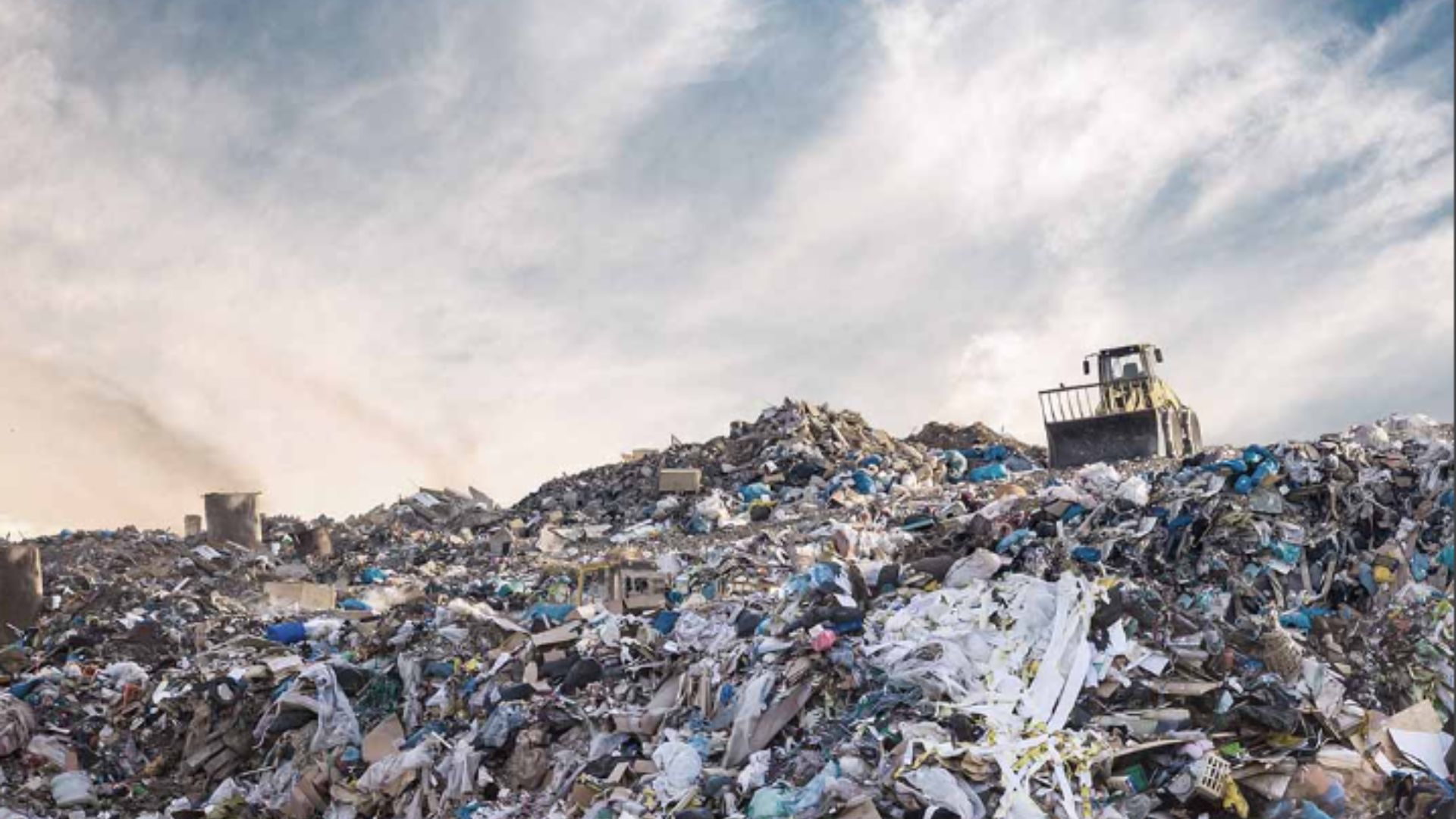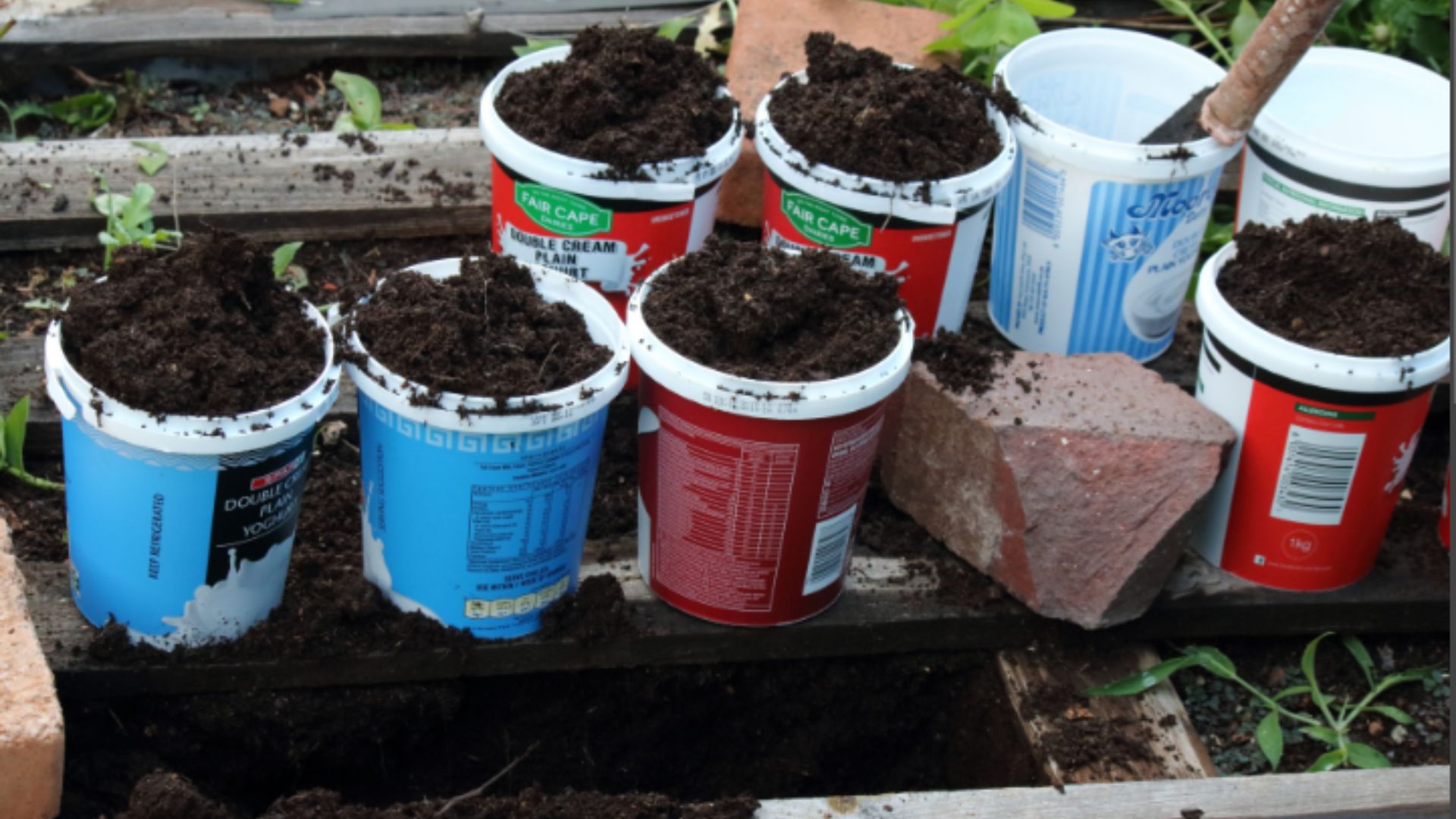Composting is a fantastic way to transform kitchen scraps and yard waste into nutrient-rich soil for your garden. But sometimes, your once vibrant compost bin might start emitting unpleasant odors, become sluggish, or attract unwanted pests. Don’t despair! This blog post tackles common composting issues and offers solutions to get your compost bin back on track.

The Unpleasant Odor
A foul odor emanating from your compost bin is a telltale sign of something amiss. The culprit could be an imbalance of “green” (nitrogen-rich) and “brown” (carbon-rich) materials. Green materials like food scraps decompose quickly, releasing nitrogen. Brown materials like leaves and straw provide carbon and slow down decomposition. An excess of green materials creates an anaerobic environment, leading to foul odors. The solution? Add more brown materials like shredded cardboard, leaves, or twigs to create a proper balance.
The Sluggish Decomposer
If your compost seems stagnant and isn’t decomposing efficiently, it might be lacking moisture or oxygen. Ideally, your compost should feel moist like a well-wrung sponge. Regularly turning your compost pile with a compost fork aerates the materials and allows for faster decomposition. If your climate is dry, consider adding some water to maintain the desired moisture level.
The Pesky Critters
Fruit flies and other unwanted pests can be attracted to your compost bin, especially if it contains food scraps. To deter them, ensure your compost bin has a tight-fitting lid to keep pests out. Bury food scraps deep within the compost pile, as pests are less likely to reach them. Additionally, maintaining a proper balance of green and brown materials helps control odors, which can also attract pests.
The Mysterious Breakdown
Certain materials take longer to break down in a compost bin. Eggshells, citrus peels, and woody materials like branches require more time and patience. To address this, chop or crush these materials into smaller pieces before adding them to your compost bin. This increases the surface area and facilitates faster decomposition by microorganisms.
The Temperature Enigma
Composting is a process driven by microorganisms. These tiny decomposers thrive in warm temperatures. If your compost bin struggles to maintain a warm enough temperature, especially during colder months, consider adding some “hot” materials like fresh grass clippings or coffee grounds. These materials generate heat as they decompose, helping to maintain a warm environment for the rest of the compost pile.
The Location Conundrum
The location of your compost bin can also impact its efficiency. Ideally, your compost bin should be placed in a partially shaded area with good air circulation. Direct sunlight can dry out the compost pile, while excessive shade can create a cool and damp environment. Finding a good balance ensures optimal conditions for decomposition.
The “Too Much of a Good Thing” Problem
Adding too much of certain materials can disrupt the composting process. Avoid adding materials like meat scraps, dairy products, or oily food waste. These attract pests and can create unpleasant odors. Additionally, yard waste like diseased plants or weeds can introduce harmful pathogens into your compost. Stick to approved composting materials to maintain a healthy and balanced compost pile.
Patience is Key to Solve Composting Issues
Composting is a natural process that takes time. Don’t get discouraged if your compost isn’t ready overnight. Depending on the materials used and the environmental conditions, it can take anywhere from a few weeks to several months for your compost to mature. Practice patience, maintain a proper balance, and your compost bin will eventually reward you with beautiful, rich compost for your garden.
conclusion
By understanding and addressing these common composting issues, you can ensure your compost bin functions efficiently and transforms your yard waste and kitchen scraps into valuable black gold for your garden. Remember, a little troubleshooting can go a long way in creating healthy, nutrient-rich compost for a thriving garden.



